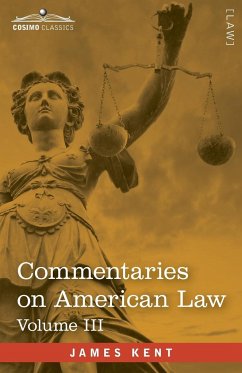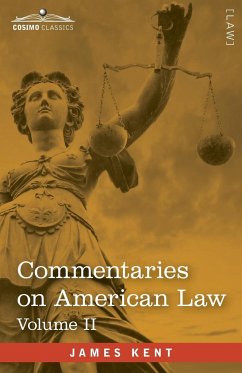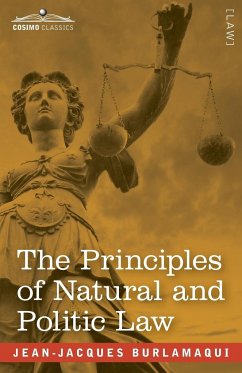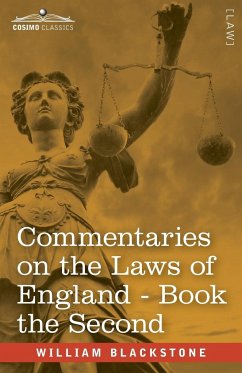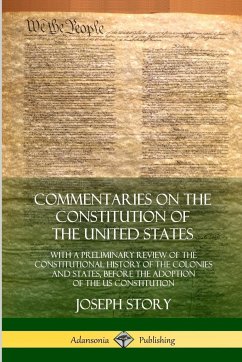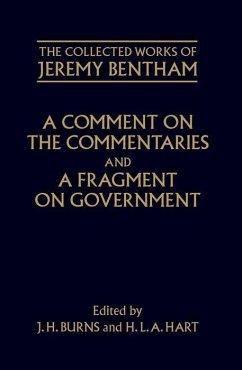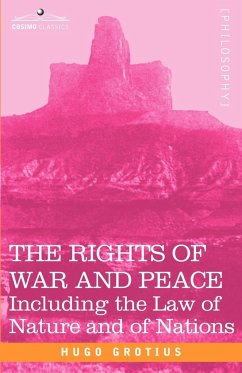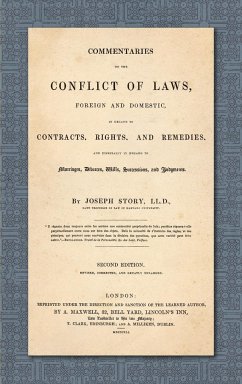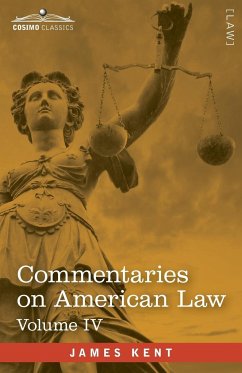
Commentaries on American Law, Volume IV (in four volumes)

PAYBACK Punkte
17 °P sammeln!
"""It requires great experience, as well as the command of a perspicuous diction, to frame a law in such clear and precise terms as to secure it from ambiguous expressions, and from all doubt and criticisms upon its meaning." -James Kent, Commentaries on American Law Volume I (1826) Commentaries on American Law Volume IV (1860) by James Kent is the tenth edition and originally published in 1826, part of a four-volume set. All four volumes were adapted from the lectures Kent gave at Columbia Law School and are rich with historical references. The fourth volume contains fifteen lectures that con...
"""It requires great experience, as well as the command of a perspicuous diction, to frame a law in such clear and precise terms as to secure it from ambiguous expressions, and from all doubt and criticisms upon its meaning." -James Kent, Commentaries on American Law Volume I (1826) Commentaries on American Law Volume IV (1860) by James Kent is the tenth edition and originally published in 1826, part of a four-volume set. All four volumes were adapted from the lectures Kent gave at Columbia Law School and are rich with historical references. The fourth volume contains fifteen lectures that continue the discussion of real property from volume three with a more specific focus on estates and wills. Also included is an index of court cases for easy referencing. Considered by some as the principal interpretation of American law, this book is for readers interested in learning more about the history and foundation of law.""





